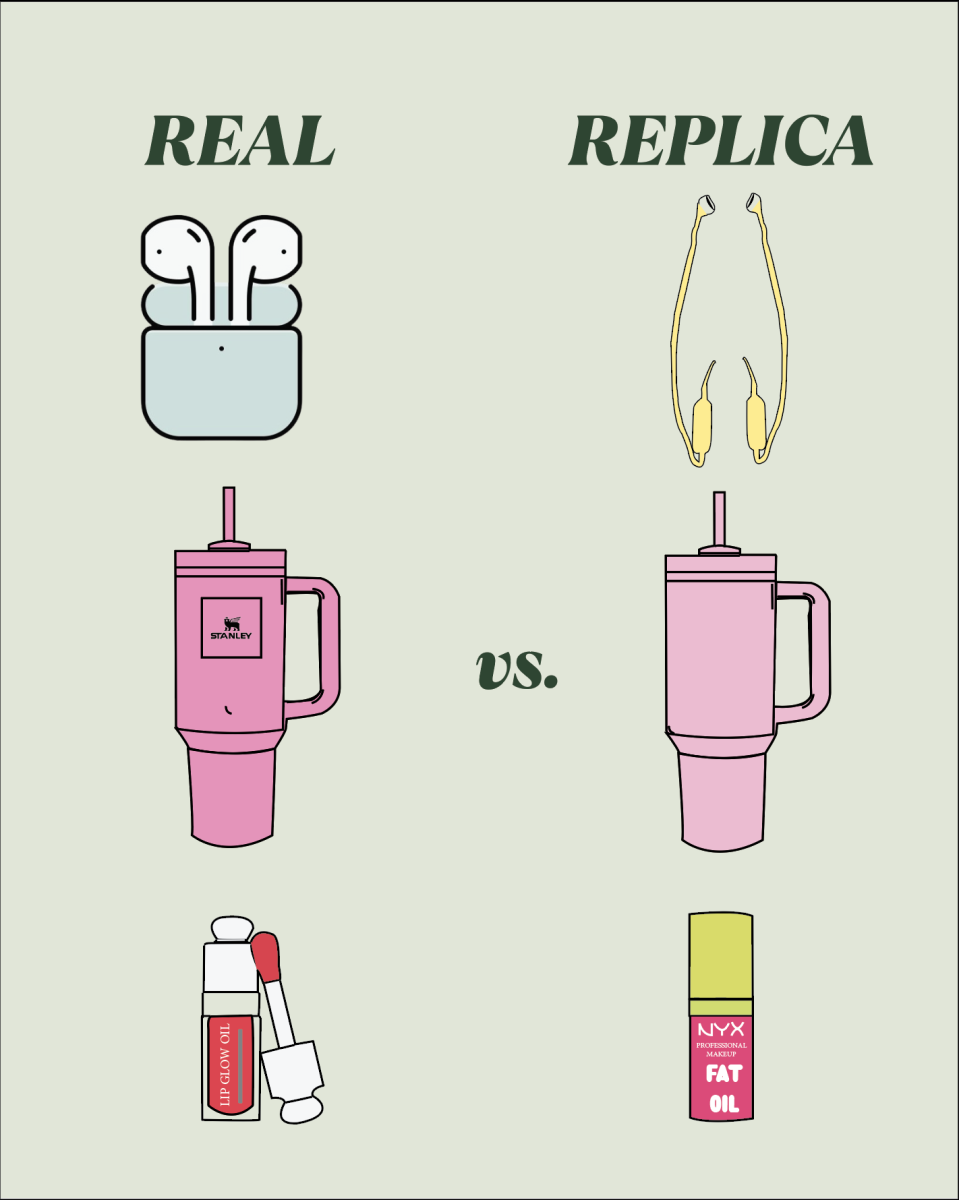President Barack Obama said today that “he was considering a limited response to what U.S. intelligence assessed with ‘high confidence’ as a Syrian attack that killed more than 1,400 people (Pleitgen and Cohen, CNN).” Ten years ago, White House press secretary Ari Fleischer said, “Make no mistake, we have high confidence that [Iraq has] weapons of mass destruction.” Coincidence? Based on the evidence at hand, I think not.
The bottom line is that the war in Iraq and the potential conflict in Syria have a lot of similarities. The Iraq War began because of the suspicion of weapons of mass destruction and a potential conflict in Syria would begin because of the use of chemical weapons. Syria’s President, Bashar al-Assad, is very similar to Saddam Hussein in terms of cruelty. And once again, the United States would be engaging in another war merely to act as the “international policeman” (See Iraq or Vietnam if you don’t believe it).
There are many downsides of a potential conflict in Syria. For the sake of argument, let’s assume that the chemical weapons were actually used by Assad’s government and not by jihadists fighting with the rebels as the Syrian government claims. There are still three important reasons for the United States not to engage in Syria.
The first is that the United States, or anyone else for that matter, is not sure exactly who the rebels are or what they will do if they gain power. Although Assad is supported by Russia, China, and Iran (normally not good company), the rebel units in Syria range from moderate Islamists to hard-line jihadists, including the Muslim Brotherhood. The United States does not know enough about the rebels or their supporters to support them in a very unpredictable war. It is not a guarantee that the fall of Assad’s regime would stop the bloodshed or even improve the conditions in the country at all.
Second, Obama does not have the support from Congress, the international community, or the general public. France is the only ally so far willing to back the United States in a U.S. strike in Syria after the British Parliament rejected a proposal to approve the use of the military in Syria. Most polls indicate that the support of the American people for Syria intervention is mixed and Congress also has shown no indication that they would approve any military action. Because of the War Powers Act, a president cannot use force absent authorization from Congress unless there is a “national emergency created by attack upon the United States, its territories or possessions, or its armed forces.” Without congressional approval, which so far appears to be lacking, Obama would not only be making an unpopular decision, but quite possibly, an illegal one.
Most importantly, the Middle East is a volatile and deadly region. The history of past interventions is not on the side of the U.S. Because Syria’s government has the support of two powerful nations, China and Russia, any intervention could easily escalate into a full-blown proxy war with American soldiers once again risking their lives on the ground in the Middle East. The presence of Iran in this complex equation also does not bode well. And if Israel gets dragged into the whole mess, the U.S. could be knee-deep in a much bigger war than anyone could possibly have expected. I know I’m speculating a little bit here, but it never takes much for a small spark to ignite an inferno.
However, let’s look at it from the other side for a moment. Assad is an evil dictator supported by two countries who haven’t been recent friends of the U.S. Maybe taking the risk of supporting the rebels could stabilize the region and save thousands of lives. More importantly, how can the United States as a superpower neglect to act when hundreds of people may have been slaughtered by chemical weapons, weapons that could eventually prove to be a real threat to the direct or indirect national security of the U.S? How can we as students suggest standing by if the innocent casualties caused by the inhumane actions of the Syrian government continue? To everyone who thinks that the answer to Syria is easy, I really hope that you embrace your morals for just a second and fully consider both sides of this delicate puzzle.
I’m just saying.







